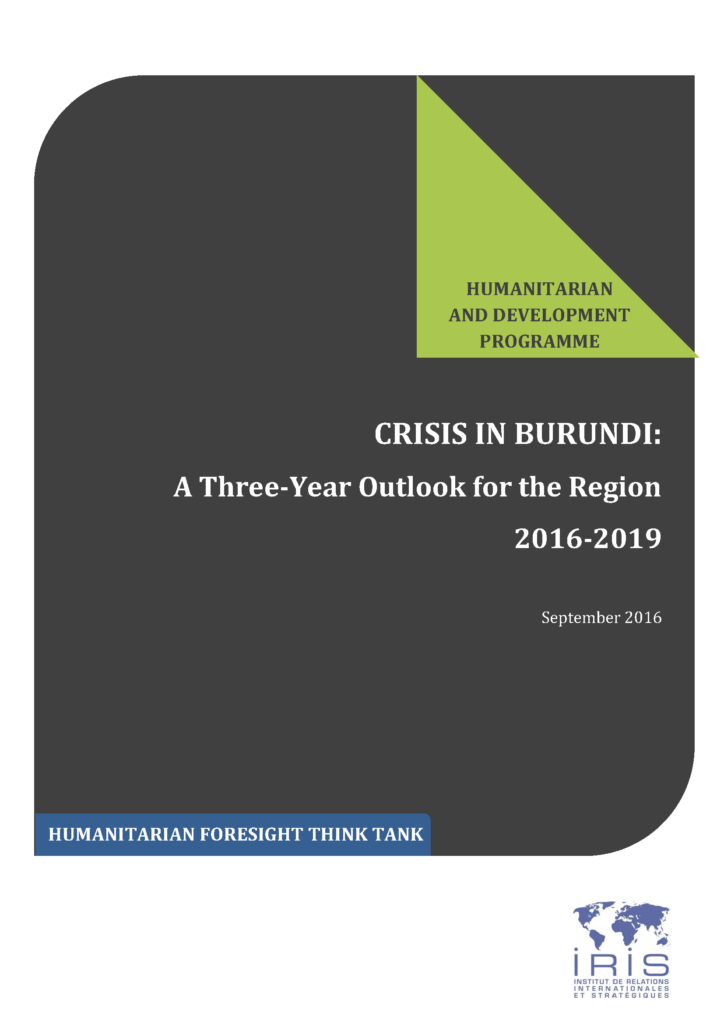Notes / Human Security
15 September 2016
Crisis in Burundi: A Three-Year Outlook for the Region 2016-2019

The small state of Burundi has since April 2015 been rocked by political violence, targeted killings, and allegations of torture. Massive numbers of refugees have fled a crisis that many worry could return the country to civil war after nearly a decade of peace. Attempts at political dialogue have failed to chart a way forward for a country once hailed as one of the few successes of a robust regional and international peacebuilding agenda. Nearly all opposition leaders, independent journalists, human rights advocates, and leading civil society members have fled the country due to state-sanctioned threats, surveillance and repression. The state, meanwhile, has grown increasingly hardline in the face of regional and international opposition to Nkurunziza’s third mandate and a string of assassinations targeting ruling party officials and members of the security forces.
The African Union and the United Nations together have made little headway responding to abuses or to furthering a negotiated solution. An attempt to send 5000 troops for an initial six months’ renewable African Prevention and Protection Mission in Burundi (Maprobu) fell flat and has been replaced by a decision to send 228 policemen to rein in violence, but the Burundian government has categorically rejected that as well. Meanwhile, opposition groups are arming amidst reports that men are being recruited in Rwanda’s refugee camps. The time for negotiation may soon pass.
The following is a three-year scenario analysis focusing on possible evolutions for Burundi’s political crisis and presents three scenarios to inform strategic planning and risk reduction going forward.

